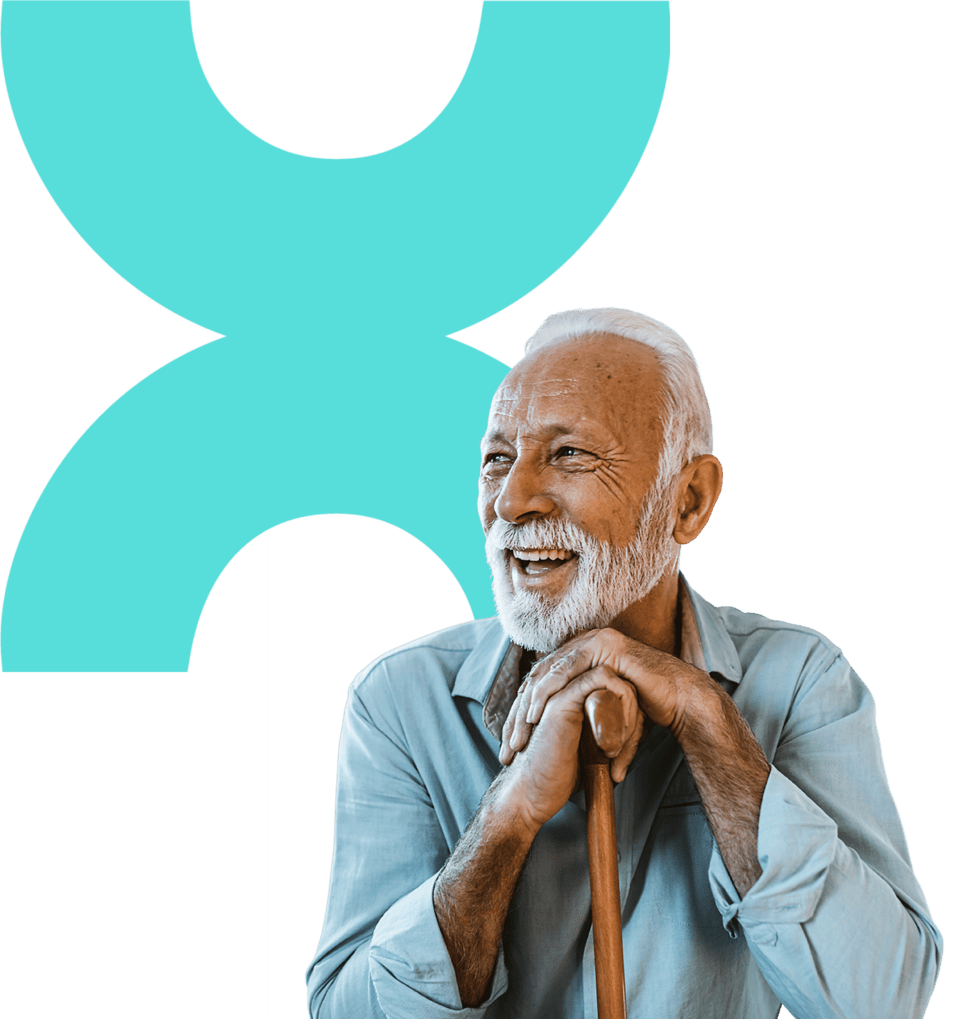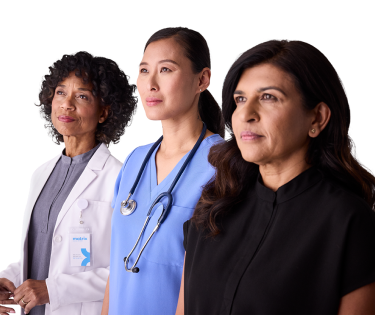Home

We empower people to live their best lives.
Bringing the highest quality care to people wherever they call home.
Learn MoreThe Matrix difference
We deliver exceptional personalized care that improves health, lowers care costs and empowers people to live their best lives.
In Home Expertise
We deliver care to people, wherever they call home.
Whole Person Care
We see health in all its dimensions.
Clinician Led
Our clinicians lead the way with a shared mission to improve lives.
Quality & Accuracy
Our unyielding commitment to doing the right thing ensures the best outcomes for all.
Who we serve
We believe that all people deserve the best care.
As the only independent, at scale provider of in-home assessments across our nation, Matrix cares for Medicare Advantage, Managed Medicaid, and Commercial beneficiaries where they’re most comfortable: in their homes and via virtual visits. We conduct comprehensive health assessments focused on the core pillars of health unique to each individual: physical, emotional, spiritual and social. Our clinicians document everything they see and diagnose chronic, acute, transient and emergent conditions. Acting as a bridge to care, we connect patients to the resources and support they need. No matter how long it takes, we make sure that the people we see are in a better place when we leave than when we walked through their door.
For Partners
We are an extension of your business in people’s homes. Together we’ll develop proven solutions designed to improve patient care and health outcomes.
For Clinicians & Providers
Do your best work. Our clinician-led model gives you autonomy to bring personalized life-saving care to people in need.
For Patients & Caregivers
We support, educate and care for people on their journey toward better health.
Personalized care
The gold standard for in-home assessments
At Matrix, we conduct comprehensive health assessments focused on whole-person care, spending on average 45-60min with patients — sometimes longer. In partnership with their health plan, we provide care in the convenience of a patient’s home or on a video call. Following a clinician-led model, our shared goal during these assessments is to see health in all its dimensions — physical, emotional, spiritual, and social — while taking notice of medical and social gaps in care. We note and address incompatibilities between care plans and an individual’s lifestyle or environment and follow up with next steps to ensure each and every patient is supported on their journey toward better health.
Meeting Members Wherever They Are
The care we deliver is personalized and guided by what is most impactful for each patient.
Whole-Person Care
We empower people to take charge of their health. Our comprehensive visits include diagnostic testing, risk identification, medication management, and tailored lifestyle improvement plans. We prioritize preventative health education and provide techniques for better control of acute and chronic conditions, leading to improved outcomes.




We’ve got you.
From our corporate employees working strategically behind the scenes to our board-certified clinicians caring for patients all over the country, everyone at Matrix is working toward a shared purpose: to empower people to live their best lives.

Partnerships
Building better health, together
Because we pioneered the first national in-home clinical network, Matrix is trusted to show up professionally and engage with patients in a meaningful way. From quality and accuracy to our whole-person care approach to individuals, we act as an extension of our partners’ business. As a bridge between care teams, insurers, support, and resources, we advocate for people to get the care they need, and our unyielding commitment to doing the right thing ensures the best outcomes for all.
We’re Matrix. And we’re committed to caring for people no matter who they are or where they call home.

NEWS & INSIGHTS
Working to Create A Healthier Future
Matrix Medical Network Reaffirms Its Commitment to Whole Person Care
Leader In Delivering Highest Quality, Home-Based Health and Care Services Makes Significant Investments to Advance Patient and Provider Experience, Improve Engagement and Enhance Health Outcomes
Seeing Health in All Its Dimensions: Matrix Medical Network Hosts Whole Person Care Panel Discussion
During a recent panel discussion at the RISE National Conference, Matrix Chief Medical Officer, Dr. Mike Cantor moderated a thought-provoking panel discussion focused on the topic of whole person care and the impact of Medicare Advantage trends on healthcare.
Matrix Medical Network Elevates Patient Engagement in Partnership with Linkwell Health
Leaders in Home-Based Health and Care Services and in Healthcare Consumer Engagement Partner to Ensure People Receive the Care They Need, Wherever They Call Home.
Learn More
Connect with us
At Matrix, all our experts, both clinical and non-clinical, work together to ensure seamless, high-quality experiences and outcomes for our client partners and their members.
